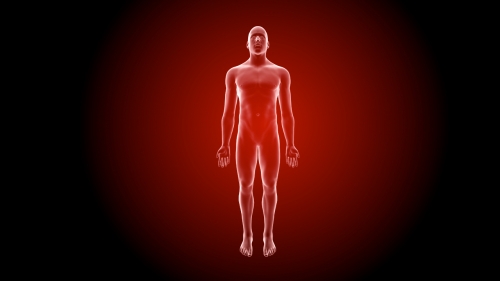
Cancer Pain
Cancer pain is the pain associated with cancer and its treatments. It can range from dull aches to intense, very severe pain. Short-term, or acute, cancer pain is generally associated with the procedures surrounding the cancer. Enduring, or chronic, cancer pain is largely the result of the condition itself.
In terms of the tumor, pain can be triggered in several ways, such as the tumor compressing or permeating the surrounding tissue. For instance, growing tumors can apply increasing amounts of pressure on nearby, unaffected tissue, including blood vessels, the heart, lungs, nerve fibers, spinal cord, brain, various connective tissue, and other organs. This compression causes nearby, benign tissue to become irritated, inflamed, and sore.
Malignant tumors also have the potential to invade bone structures within the body. When this occurs, patients generally report sensations of tenderness and soreness. Cancer pain that occurs as the result of bone damage from the tumor is generally regarded as the most severe form of cancer pain.
Cancer pain may be caused by a number of different origins, with tissue or nerve damage as a particular source. This can occur both by the growth of the malignant tumor, as well as through the procedures used for diagnosing and treating the cancer. Infection of the tumor has also been linked to sudden-onset cancer pain.
Treatments available to assist cancer patients in managing cancer pain target the transmission of pain signals within the spinal cord leading to the brain. These treatments include opioid medications and spinal cord injections. Individuals are encouraged to speak with the physician or health care provider about the treatment options available for cancer pain.



